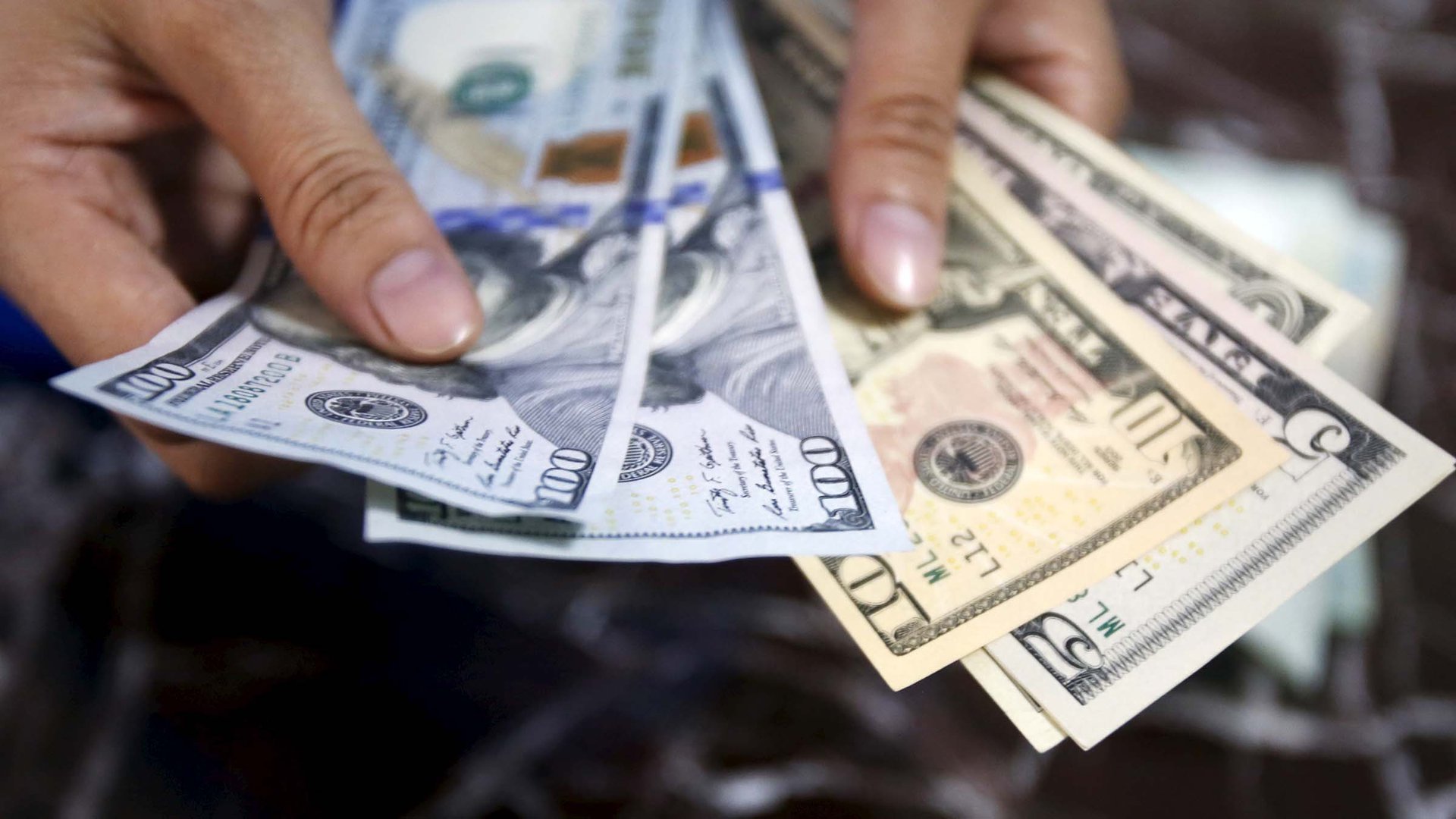Mega-deals could make 2015 a record year for mergers
Globally, companies had spent $3.1 trillion dollars buying one another by Aug. 31, 2015. That’s already more than was spent on buyouts in five of the past six full years—and if things continue at this rate, the total amount of money companies spend on buying other companies could reach an all-time record.


Globally, companies had spent $3.1 trillion dollars buying one another by Aug. 31, 2015. That’s already more than was spent on buyouts in five of the past six full years—and if things continue at this rate, the total amount of money companies spend on buying other companies could reach an all-time record.
Interestingly, data from Dealogic suggests that 2015 is actually on track to be a quiet year in terms of the number of deals made. In the year so far there have been around 24,000 mergers or acquisitions; if that were extrapolated over the full year, that would point to around 37,000 deals likely to be made this year, compared with last year’s 41,000.
However, in value terms, again by extrapolating Dealogic data, the total value of this year’s M&A spend is on track to reach $4.7 trillion. That’s higher than 2007’s record $4.6 trillion. The soaring value of this year’s bumper M&A spend then is the result of mega-deals; the mean average value of each merger or acquisition this year is $125.4 million, well above the average values seen in any other year since at least 2000:
In particular, deals such as Hutchison Whampoa’s £10.3 billion ($15.9 billion) purchase of O2, a British mobile network, Heinz’s $55 billion purchase of Kraft Foods, and a slew of big-pharma deals have pushed the average purchase price way up.
The US remains the biggest home for big buyouts:
US companies have been on a mega spending spree this year, and the trend is so pronounced that US companies had already spent more money buying or merging with other companies by September this year than they did in all of last year, according to Reuters data (paywall).
With the overhang of a slowing China, it is hard to say whether this kind of big-deal consolidation will continue in the final third of the year. But there’s some indication that a slower China is good for M&A—in part because of a slowdown at home, China has been on a push to buy more overseas companies. Japan, meanwhile, has been outpacing China in overseas deals. If the world’s second- and third-largest economies continue to hedge against economic pressure at home, expect the deal frenzy to go on.